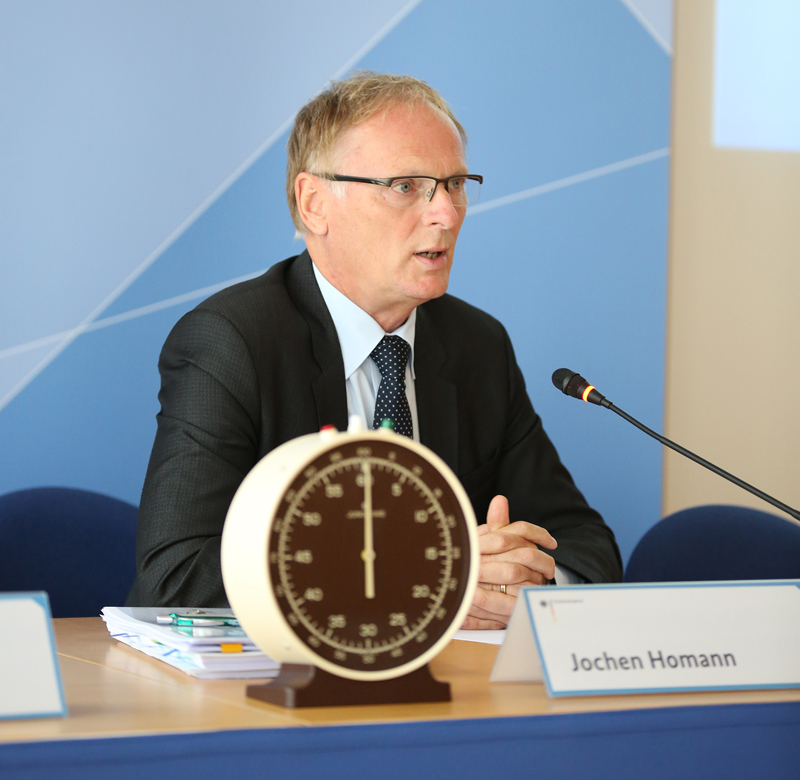German Operators Lambast 5G Spectrum Auction ‘Disaster’

Operators face £6bn payout and stringent regulatory burden as they prepare to deploy next-generation networks
German telelcoms companies have criticised the country’s 5G auction process as a “disaster”, after the 52-day-long process cost them 6.6 billion euros (£5.9bn).
Hannes Ametsreiter, head of Vodafone’s German business, called the result a “disaster for Germany”, while Deutsche Telekom said the auctions had left a “bitter taste”.
“The network rollout in Germany has suffered a significant setback,” said Telekom board member Dirk Wössner, in a statement, adding that the payout “could have been much lower” and was “much more expensive than in other countries”.
“Network operators now lack the money to expand their networks,” he said.

Competition
New entrant Drillisch criticised the award terms of the auction, saying it would have liked to see a stronger commitment to more competition.
“As a new player, we would invest directly in a powerful 5G network – in contrast to the current oligopoly of the network operators who want to expand their current antenna locations step by step,” said Drillisch chief executive Ralph Dommermuth.
The auction ended last week after 497 bidding rounds and brought in more than the 3bn euros to 5bn euros that had initially been forecast.
The four successful bidders were Deutsche Telekom, which spent 2.2bn euros; Vodafone, at 1.9bn euros; Telefonica, at 1.4bn euros; and Drillisch, at 1.1bn euros.
Germany’s finance minister has said he plans to use the payout to improve Germany’s lagging digital infrastructure.
Next-gen tech
Germany’s industrial companies are expected to make use 5G to try and push ahead of competitors in areas such as autonomous driving and internet-connected devices.
“The frequencies will be used not just for the new 5G mobile phone standard but also for better mobile phone coverage in Germany,” said Jochen Homann, president of Germany’s Federal Network Agency. “It is now up to the companies to quickly make use of the frequencies.”
Pperators had launched a legal action to delay the auction, arguing that the conditions laid upon successful bidders by the government were too burdensome.
The event was cleared in court only days before its scheduled 18 March launch.
The 5G licence holders are to be required to provide fast internet to 98 percent of German houeholds and to share their networks with competitors.
The government also required operators to use only “trustworthy suppliers”, in a nod to the US, which had sought a ban on Chinese telecoms equipment manufacturers such as Huawei.